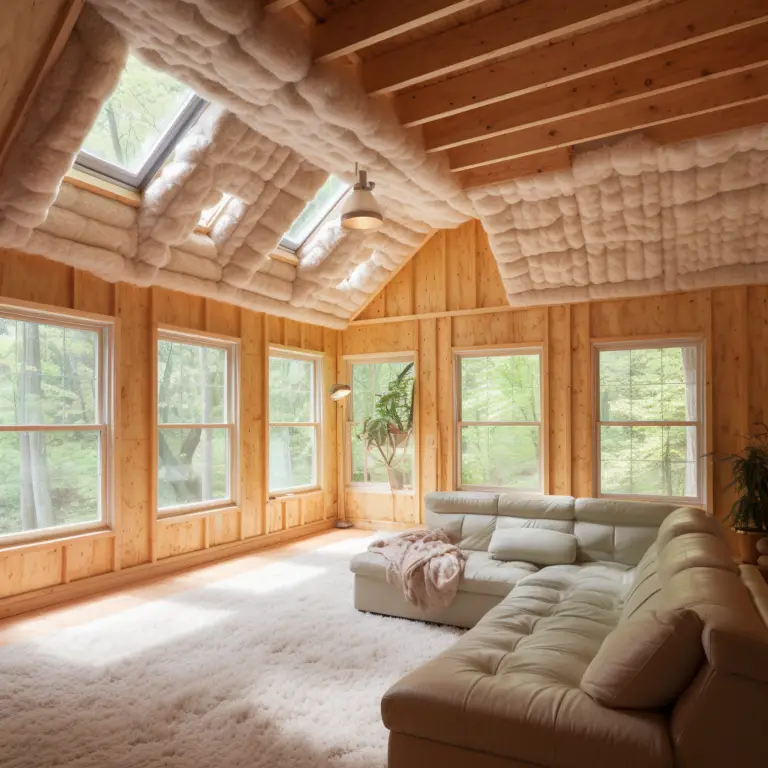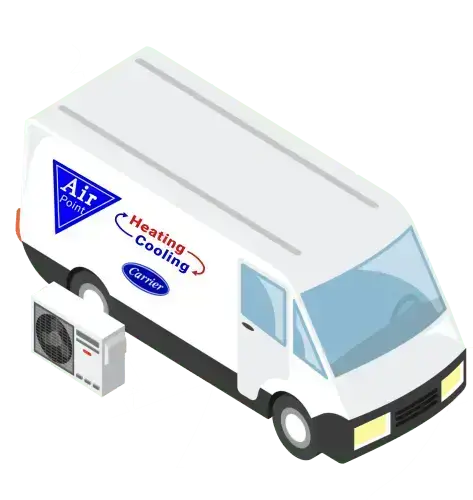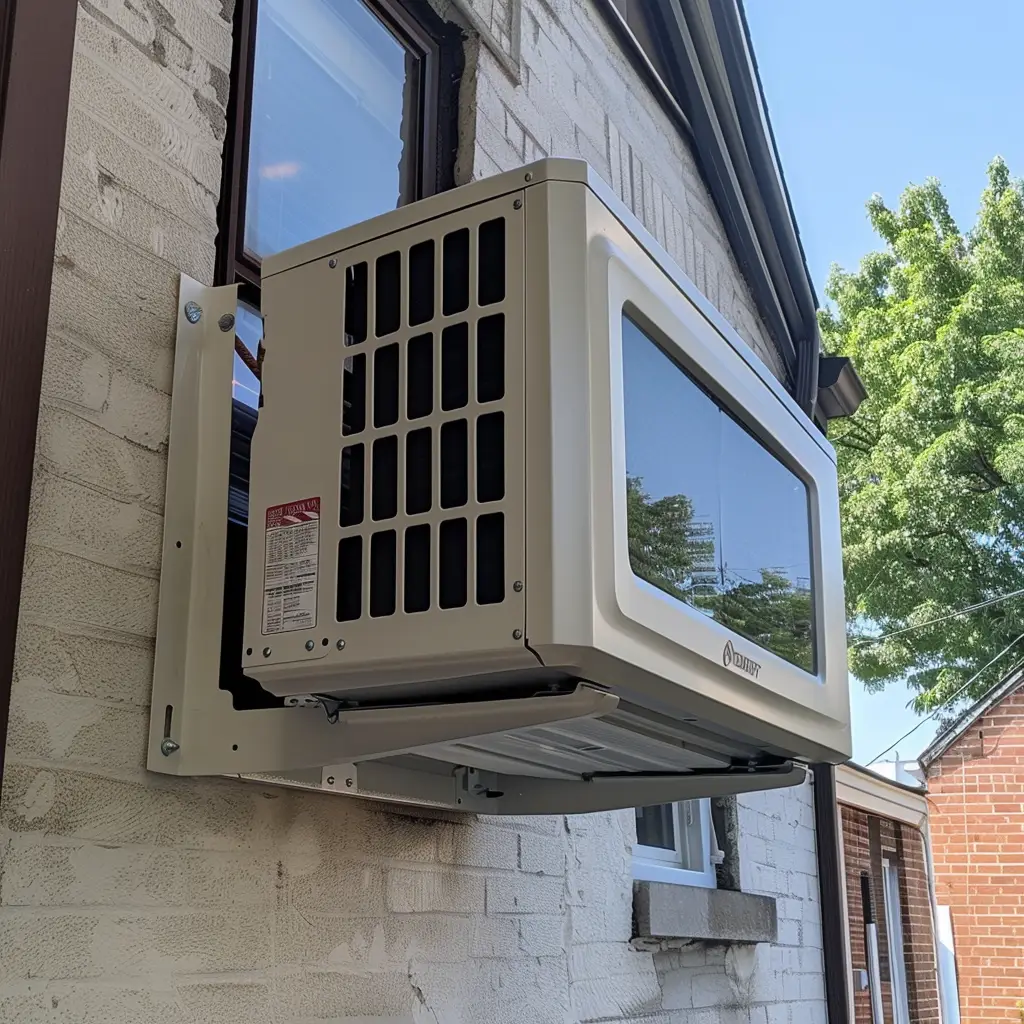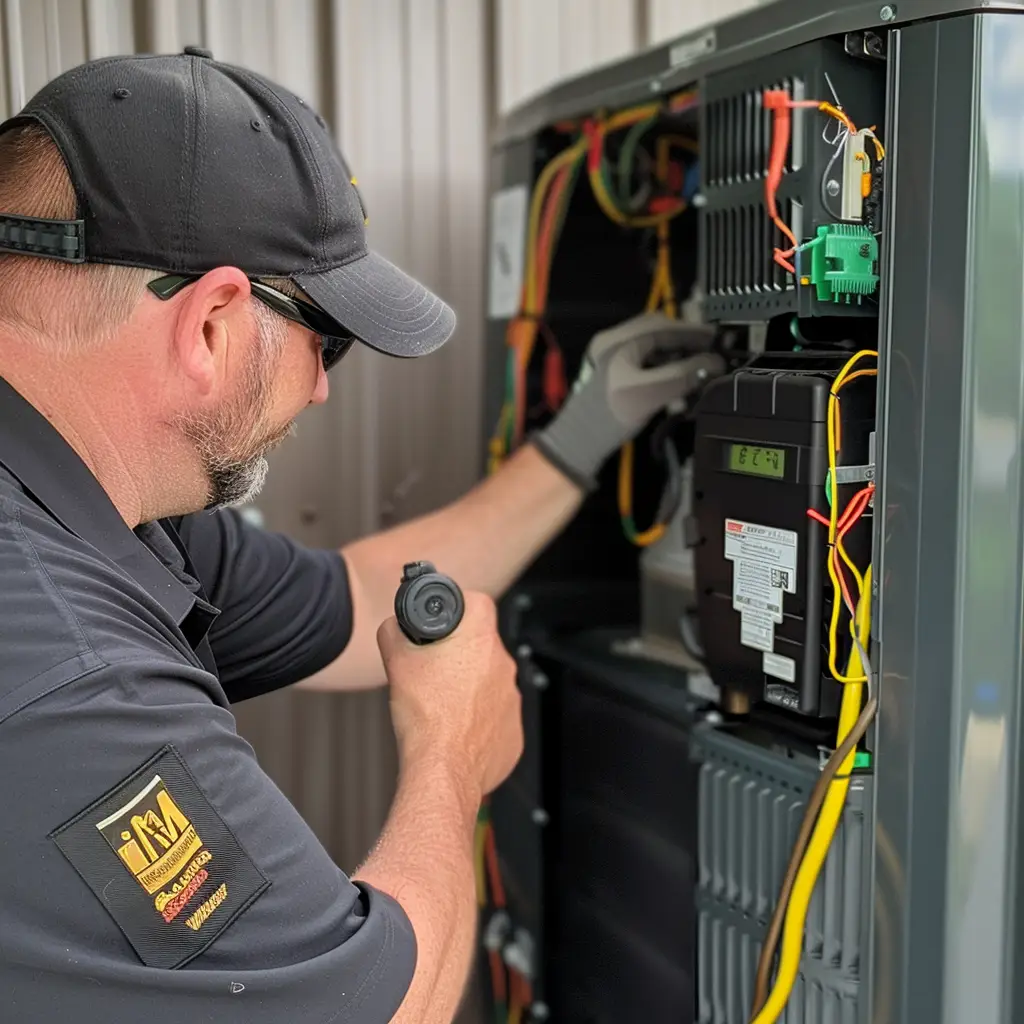We often ignore the interconnectedness of the various systems in our homes until something goes awry. Ever thought about how your insulation affects your HVAC system? Well, if you’re looking to optimize your energy usage and maintain a comfortable home environment, understanding this connection is crucial. Stick around, and let’s dissect this symbiosis!
The Basic Role of HVAC Systems
Heating
When winter sets in, keeping warm becomes a priority. A functioning heating system can be your best friend during those cold nights.
Ventilation
A good HVAC system not only heats and cools your home but also ensures proper airflow, reducing humidity, and airborne pollutants.
Air Conditioning
In the dog days of summer, your air conditioner works overtime to keep you cool and comfortable. But did you know you could be wasting energy if your insulation isn’t up to par?
How Insulation Works
Types of Insulation
Batt Insulation
This is perhaps the most common type, usually consisting of fiberglass and installed in rolls.
Loose-Fill Insulation
Made from fiberglass, cellulose, or mineral wool, this type is generally blown into spaces like attics.
Spray Foam Insulation
As the name suggests, this type is sprayed into place and then expands, providing a high level of thermal resistance.
The Science Behind Insulation
In layman’s terms, insulation acts as a blanket for your home, trapping heat in winter and keeping it out in the summer. Sounds simple, right? Well, the science behind it involves complex thermodynamics, but the end result is a more comfortable, energy-efficient home.
The Symbiotic Relationship Between HVAC and Insulation
Energy Efficiency
Cost Savings
Improper insulation forces your HVAC system to work harder, costing you more in energy bills.
Environmental Impact
Better insulation can reduce your carbon footprint. A win-win situation, isn’t it?
Improved Comfort
If your home is well-insulated, your HVAC system doesn’t have to work as hard to maintain a comfortable temperature. It’s like having a good pair of running shoes; they make the job so much easier.
Factors that Influence HVAC Efficiency Apart from Insulation
Age of the System
Older systems are generally less efficient. Consider upgrading if your system is over 10 years old.
Maintenance
Routine system checks and upkeep can significantly improve efficiency.
Seasonal Factors
Seasonal changes can affect HVAC efficiency. Insulation plays a crucial role in mitigating these effects.
Practical Tips for Maximizing HVAC Efficiency Through Insulation
Inspect and Repair
Regularly inspect your insulation for any damages and repair them promptly.
Choose the Right Type of Insulation
Different homes and climates require different types of insulation. Make an informed choice.
Trust AirPoint to Unveil the Connection Between Your HVAC System and Insulation
The relationship between your HVAC system and insulation is a crucial one. By keeping both in top condition, you ensure a harmonious balance that ultimately benefits your comfort and your wallet. If you’re looking for the gold standard in HVAC services, look no further than AirPoint, a Carrier factory authorized dealer and NATE certified company in Toronto. We’re not just boasting; we have the credentials to back it up. Our team has been awarded the HomeStars Best of the Best 2023 and has a 5-star rating on Google and HomeStars. Moreover, all our technicians are fully certified by TSSA, HRAI, and CSA. Let us help you perfect that HVAC-Insulation symphony for a comfortable and energy-efficient home.
For HVAC expert tips on duct insulation, watch this video by HVAC Guide for Homeowners
Your Questions About HVAC and Insulation, Answered
Why is insulation important for HVAC efficiency?
Insulation acts as a thermal barrier, reducing the workload on your HVAC system.
What types of insulation are best for my home?
This depends on your specific needs and local climate. Consult with a professional for tailored advice.
How often should I inspect my insulation?
It's recommended to inspect your insulation at least once a year.
Can damaged insulation affect my health?
Yes, damaged or poor-quality insulation can lead to mold growth, which can affect your health.
Is it worth upgrading my old HVAC system?
If your system is over 10 years old, an upgrade could offer significant energy savings.





